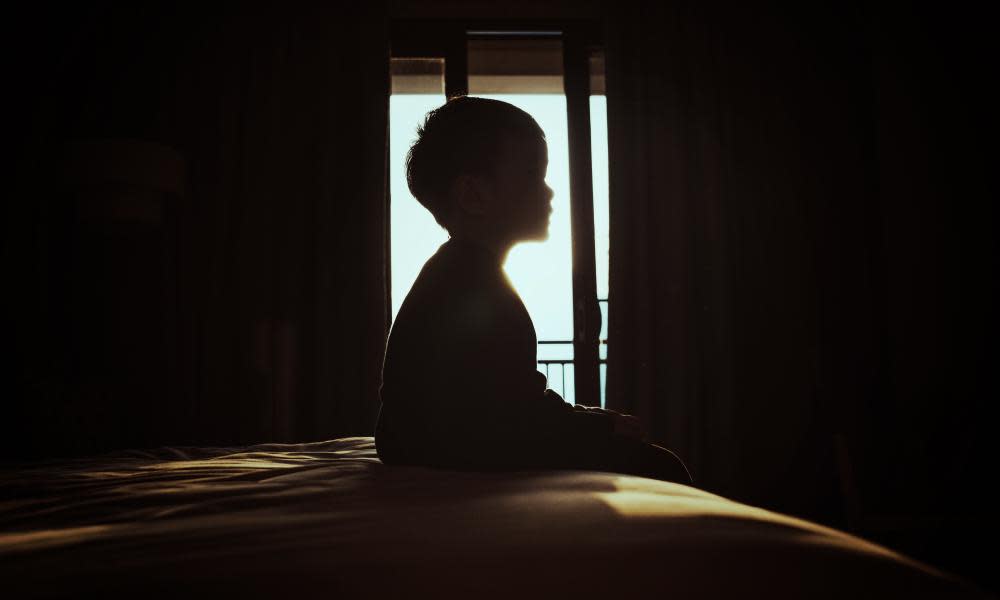Government to scrap ‘equal time’ test for parents in custody disputes, with child welfare paramount

Children’s best interests will become the paramount factor in family law disputes under a major reform which includes scrapping the requirement for courts to consider equal or substantial time with each parent.
The attorney general, Mark Dreyfus, is releasing a draft bill on Monday aimed at improving the safety of separating families and simplifying the test for what parenting arrangement is best for children.
Related: Australian courts to consider family and domestic violence threat in Hague convention cases
He promised to legislate in 2023, after a quick-fire consultation to close on 27 February.
The bill implements the recommendations of a 2019 Australian Law Reform Commission review to remove the presumption of equal shared “parental responsibility” because it appeared to be “leading to unjust outcomes and compromising the safety of children”.
A consultation paper on the draft bill noted that the requirement to consult the other parent when making major long-term decisions had been “commonly misinterpreted as creating a right to equal shared time with children” leading to “inappropriate arrangements for children, prolonged litigation and increased parental conflict”.
The requirement for courts to consider “equal or substantial and significant time with each parent” will also be removed, although judges will still be able to make orders for shared parental responsibility and equal time.
The paper explains that parents will no longer “automatically” have to consult each other on decisions like authorising medical treatment, giving responsibility solely to “the person who has the physical care of the children at the time in relation to day-to-day matters”.
“Although parents will normally want to consult each other when making major decisions about their child, unless a court makes an order requiring them to cooperate there will be no legal obligation to do so,” it said.
The release of the bill follows a controversial family law inquiry in the last parliament, which elevated the One Nation leader, Pauline Hanson, to deputy chair and heard discredited arguments from men’s rights activists claiming that fathers’ aggression is caused by partners who seek to deny access to their kids.
Zoe Rathus, an expert on family law and domestic violence at Griffith University, told that inquiry the presumption of equal shared parental responsibility had proved “extremely dangerous” and acted to prevent people from airing allegations of domestic violence in the family court.
The bill removes the current test for custody requiring consideration of two primary factors – “the benefit to the child of having a meaningful relationship with both of the child’s parents” and to protect the child from harm, abuse or neglect – and thirteen additional factors.
These are to be replaced with six factors to determine the best interests of children: promoting their and their carers’ safety; the views of the child; the needs of the child; “the benefit of being able to maintain relationships with each parent and other people who are significant to them, where it is safe to do so”; the capacity of each proposed carer to provide for the child’s needs; and anything else relevant.
The bill clarifies that a parenting arrangement made by a court can only be changed if there has been a significant change in circumstances since the order was made.
The bill includes two new powers for courts to better protect people from the use of litigation to harass a former partner: giving them the ability to exclude confidential medical or counselling records, and to stop a person from filing any further applications that are likely to be harmful to a respondent or a child.
The draft legislation also introduces a requirement for independent children’s lawyer to meet directly with children.
It provides a definition of “member of the family” in the Family Law Act that is inclusive of Aboriginal and Torres Strait Islander concepts of family and kinship.
Dreyfus said the draft bill will “replace the often confusing law around parenting arrangements with a simpler child-focused framework that will guide parents who can agree on their own post-separation parenting arrangements”.
“It will also streamline the process for courts who determine the minority of parenting disputes where agreement has not been reached,” he said.

 Yahoo Movies
Yahoo Movies 
